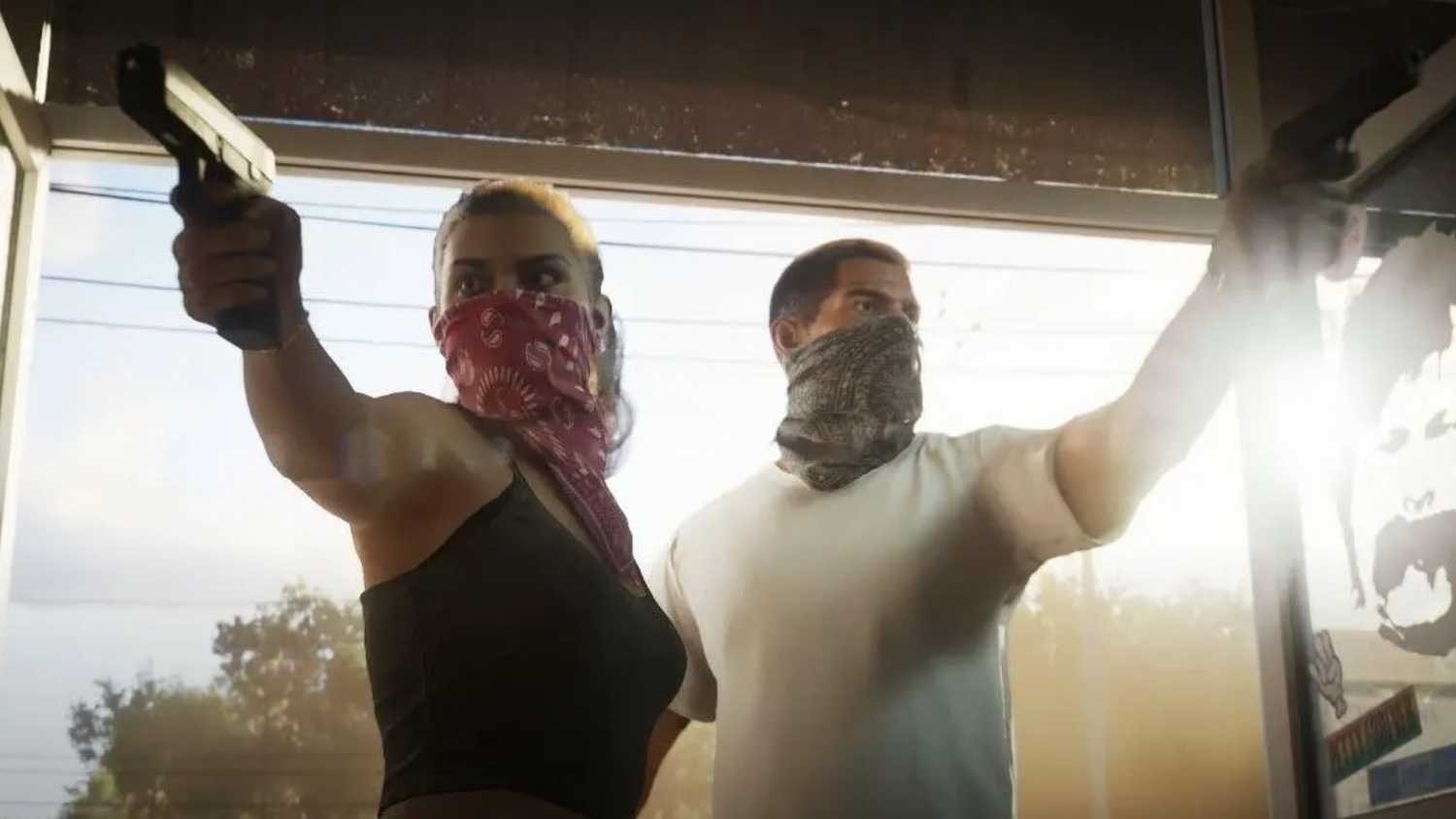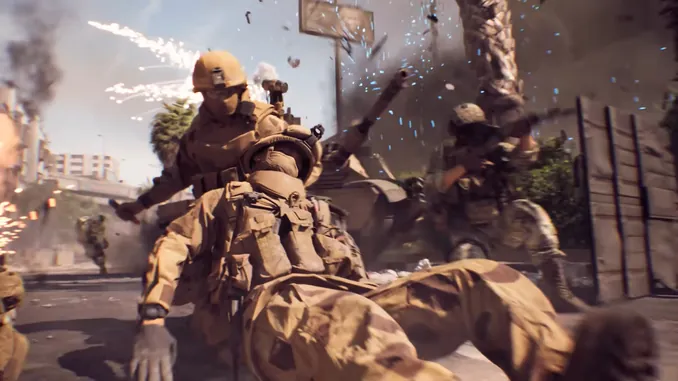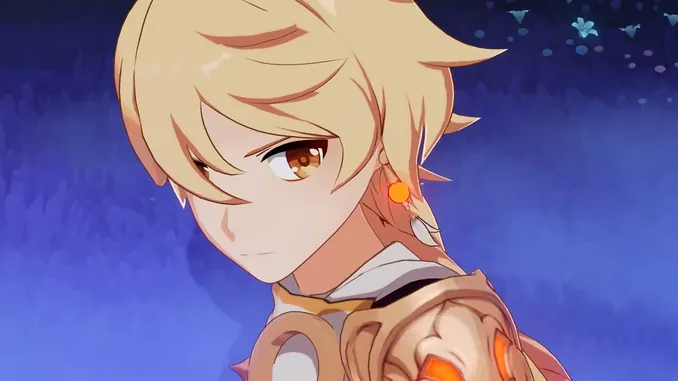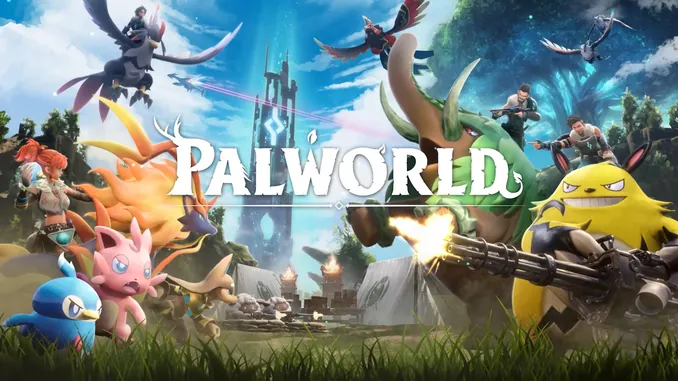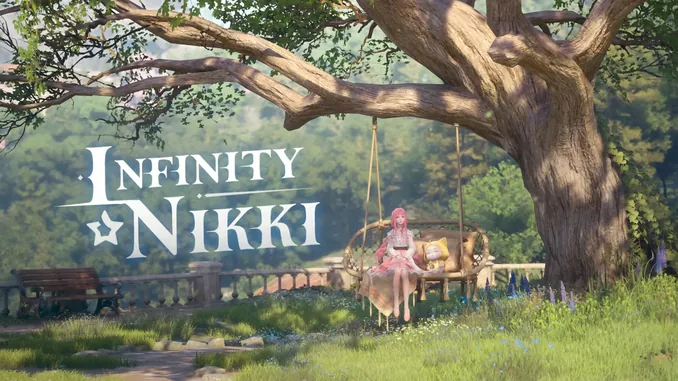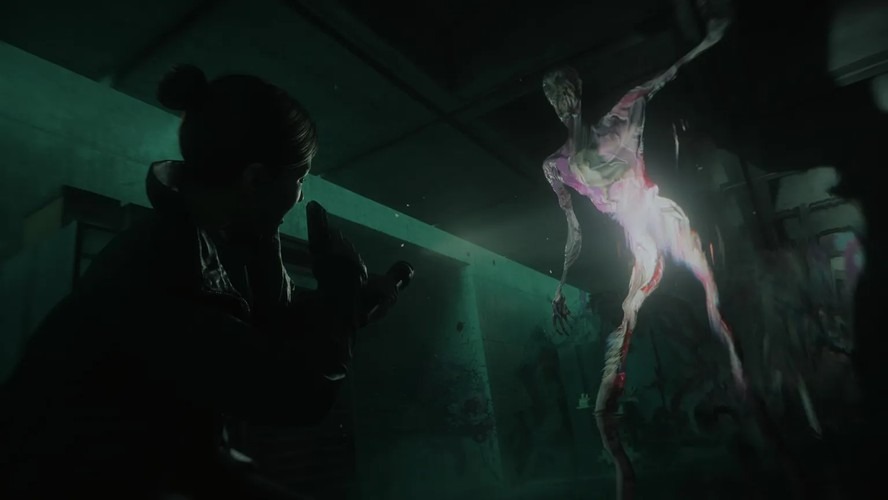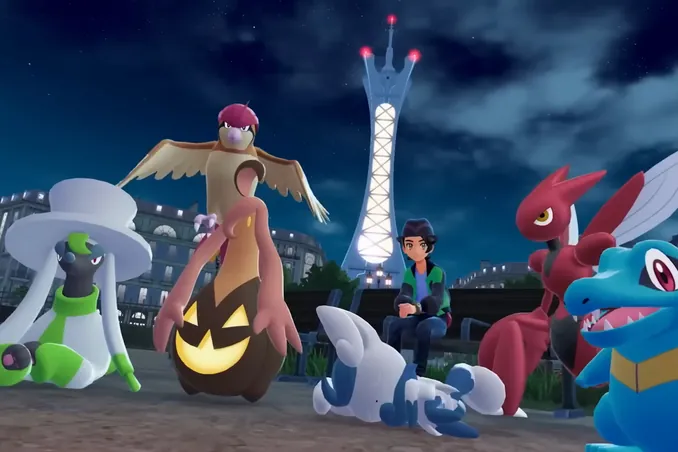Third-Party Developers Say Nintendo’s Switch 2 Is Already a Headache
Even major publishers are reportedly struggling to secure Nintendo’s next-gen hardware for testing.
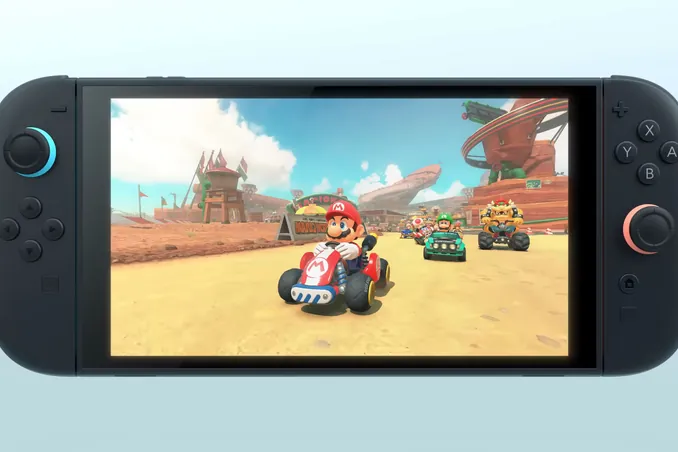
Summary
- Developers say Nintendo is making it tough to get Switch 2 dev kits, even some AAA studios are left waiting.
- Digital Foundry reports frustration after talking to studios at Gamescom about Nintendo’s restrictive approach.
- Fans can expect strong first-party launches but may face long waits for polished third-party ports.
Nintendo loves a secret. That’s not news. But according to developers, the company might be overdoing it with the Switch 2. Reports suggest even big-name studios are struggling to get access to development kits, leaving many frustrated with how Nintendo is handling the rollout of its next-generation handheld-console hybrid.
The grumbling comes from a discussion on Digital Foundry’s Direct Weekly podcast, where journalists said they spoke with developers at Gamescom who weren’t thrilled about Nintendo’s tight grip.
The problem isn’t that Switch 2 hardware doesn’t exist, it’s that Nintendo apparently isn’t letting enough people touch it. Even AAA publishers, the kind of companies you’d expect to be at the front of the line, are reportedly stuck waiting.
Related
Backwards compatibility is part of the pitch. Nintendo is promising Switch 2 will run your old games while enhancing them, plus open doors to new titles that simply weren’t possible on the original hardware.
That’s great for fans. For developers, though, it’s a lot harder to plan launches if you can’t even test your game on the machine.
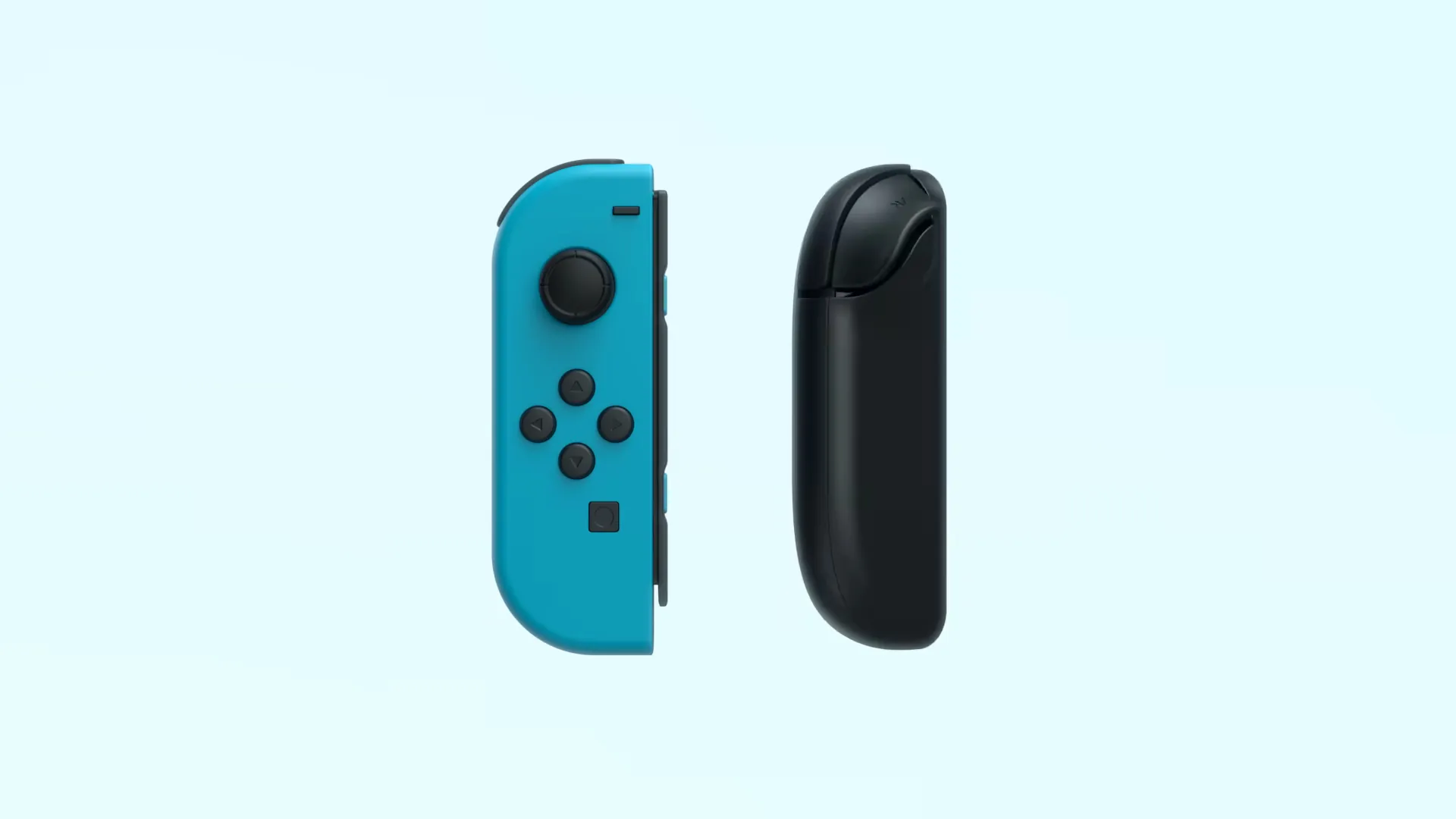
The Digital Foundry Angle
Episode 228 of Digital Foundry’s show focused heavily on Nintendo’s approach. The hosts talked about how ports like Elden Ring and Final Fantasy VII Remake would benefit from the Switch 2’s increased horsepower. Then came the caveat: the very people who could make those games sing on the new console don’t have kits in hand.
According to IGN’s transcript of the podcast, developers described Nintendo as “restrictive” and “difficult” when it came to distributing dev units.
One comparison floating around was how Sony and Microsoft handle their consoles.
By the time PlayStation 5 and Xbox Series X were nearing release, studios across the industry had dev hardware in place. Nintendo? Not so much.
It’s the kind of move that makes business sense only if you assume first-party software will carry your console at launch. Nintendo has always leaned heavily on its own blockbusters, and history shows it works.
People bought Switch for Breath of the Wild, not because they hoped a third-party port of Skyrim would look slightly worse in handheld mode. Still, third-party support is what gives a system legs after that first wave of hype.
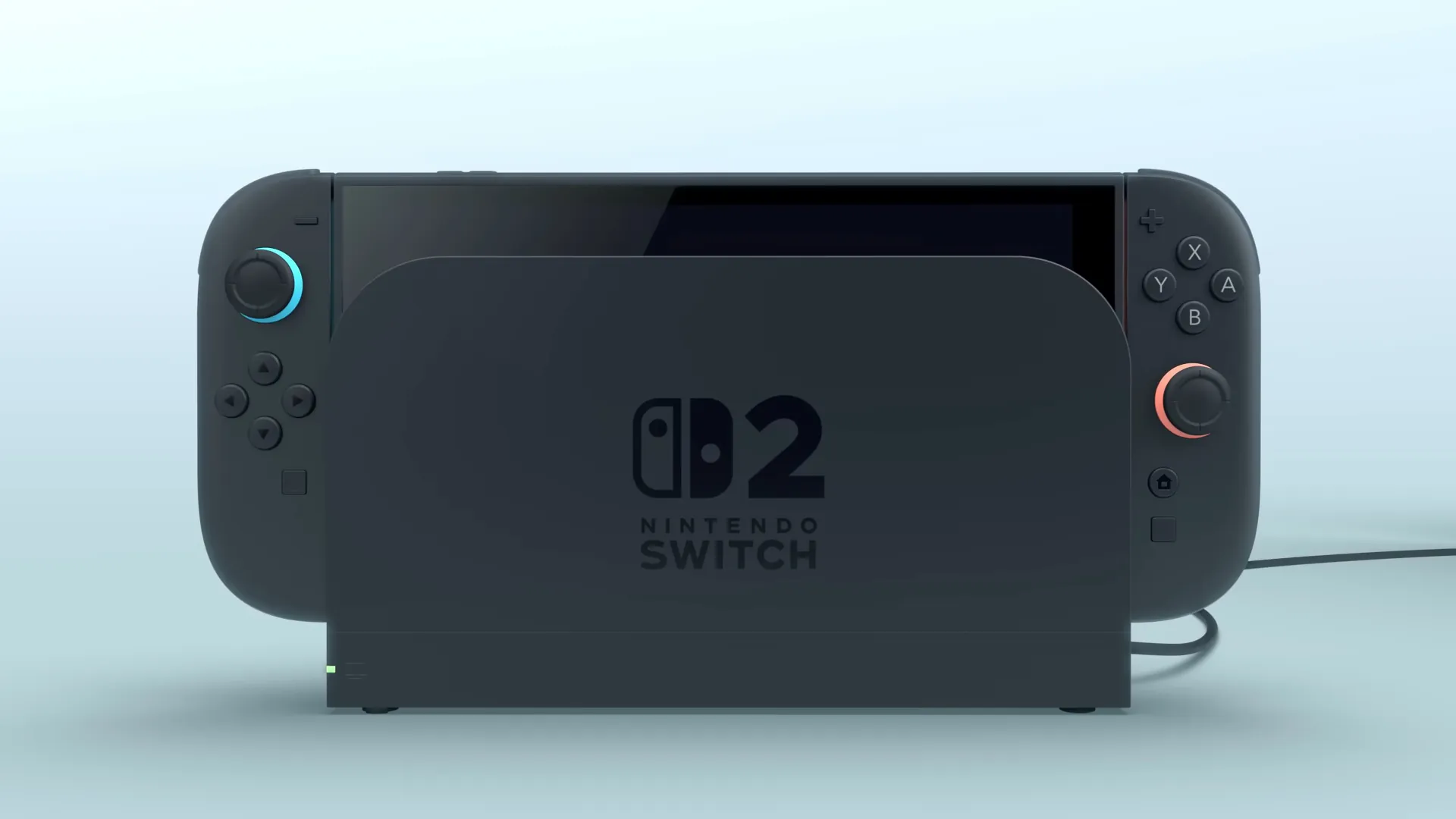
A Familiar Pattern
If this sounds familiar, that’s because Nintendo has played this game before.
The original Switch launched with a relatively small pool of third-party titles. Over time, support grew, but plenty of publishers either skipped it or released late ports. Some games ran impressively well considering the handheld hardware.
Others were a stuttering mess, shoved into the eShop with performance disclaimers attached.
The issue isn’t that Switch 2 lacks power. Early reports say the hardware can finally handle modern engines like Unreal 5 at reasonable performance targets.
The issue is timing. If developers don’t have kits now, it’s hard to imagine them having polished launch titles ready to go. That likely means another first-party-heavy launch lineup, followed by a slow trickle of outside support.
And while that approach works for Mario and Zelda, it doesn’t do much for publishers betting on cross-platform success.
Gamers end up waiting months or years for ports while other consoles get the goods on day one.
Why Nintendo Does It
So why the secrecy? Nintendo has always kept partners at arm’s length. Part of that is fear of leaks. The company knows any leaked spec sheet becomes headline news in minutes. Keeping dev kits limited helps contain the damage.
Another part is control. Nintendo prioritizes its own projects above all else. By limiting who gets early access, it ensures its internal teams can deliver polished exclusives without worrying about competitors stealing the spotlight.
The gamble is that third-party support will eventually come anyway. Publishers want to be on Nintendo hardware because the install base is too big to ignore.
Even if they’re left scrambling after launch, most will make it work.
Still, the strategy has downsides. Developers told Digital Foundry they felt alienated, especially compared to how open Sony and Microsoft have been.
Some hinted that if Switch 2 turns into another cycle of late, poorly optimized ports, the blame lies squarely on Nintendo’s gatekeeping.
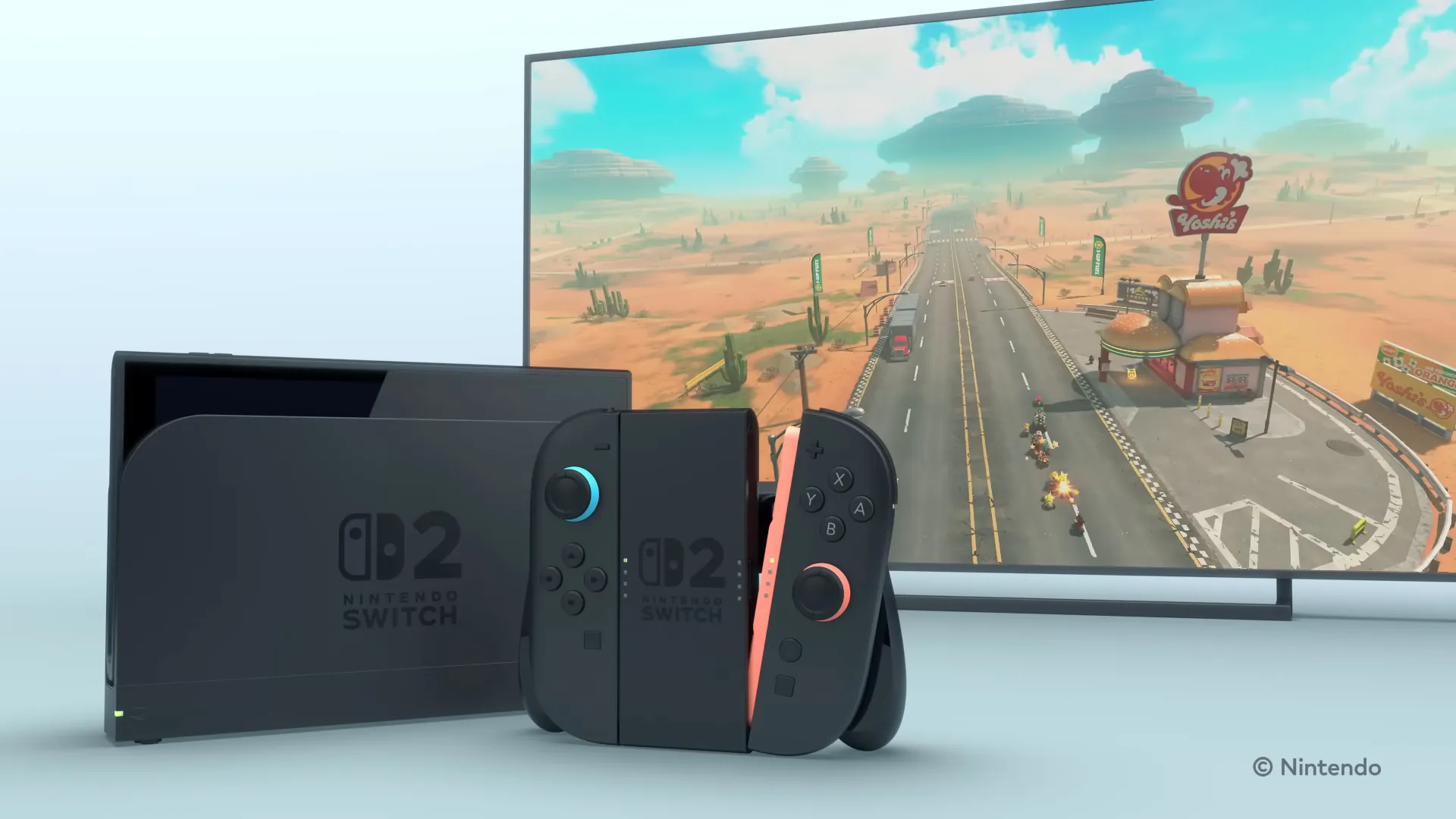
The Market Pressure
Here’s where things get interesting. The Switch has sold over 140 million units, putting it in the same league as the PlayStation 2 and DS.
That success means expectations for the Switch 2 are sky-high. Nintendo can’t afford to stumble out of the gate if it wants to keep momentum.
At the same time, the market is shifting. Portable PCs like the Steam Deck and ASUS ROG Ally are carving out space that used to be Nintendo’s playground.
They’re not selling Switch numbers, but they’ve shown gamers are willing to pay for portable power. If Switch 2 launches with only first-party hits and third-party leftovers, it risks looking like a toy in comparison.
Third-party developers know this, which is why they’re frustrated. They want to launch big games on Switch 2 while the hype is fresh.
They don’t want to be explaining in 2026 why their port of Cyberpunk 2077 runs at 30 frames per second while other consoles are two steps ahead.
So…
Digital Foundry’s podcast may have just confirmed what a lot of developers already feared: Nintendo is making it harder than it needs to be for third parties to join the Switch 2 party.
That doesn’t mean the console is doomed. Far from it. Nintendo knows how to sell hardware. But it does raise questions about how much support fans can expect outside of the company’s own catalog.
For developers, the message is clear.
Until Nintendo decides to loosen its grip, getting a Switch 2 dev kit might feel like winning the lottery. For fans, the wait for your favorite third-party titles could be longer than you’d like.
And Nintendo? They’ll probably just shrug and point at sales charts while Mario does another victory lap.
Rockstar's Vice City return looks unbeatable despite a crowded release schedule.

